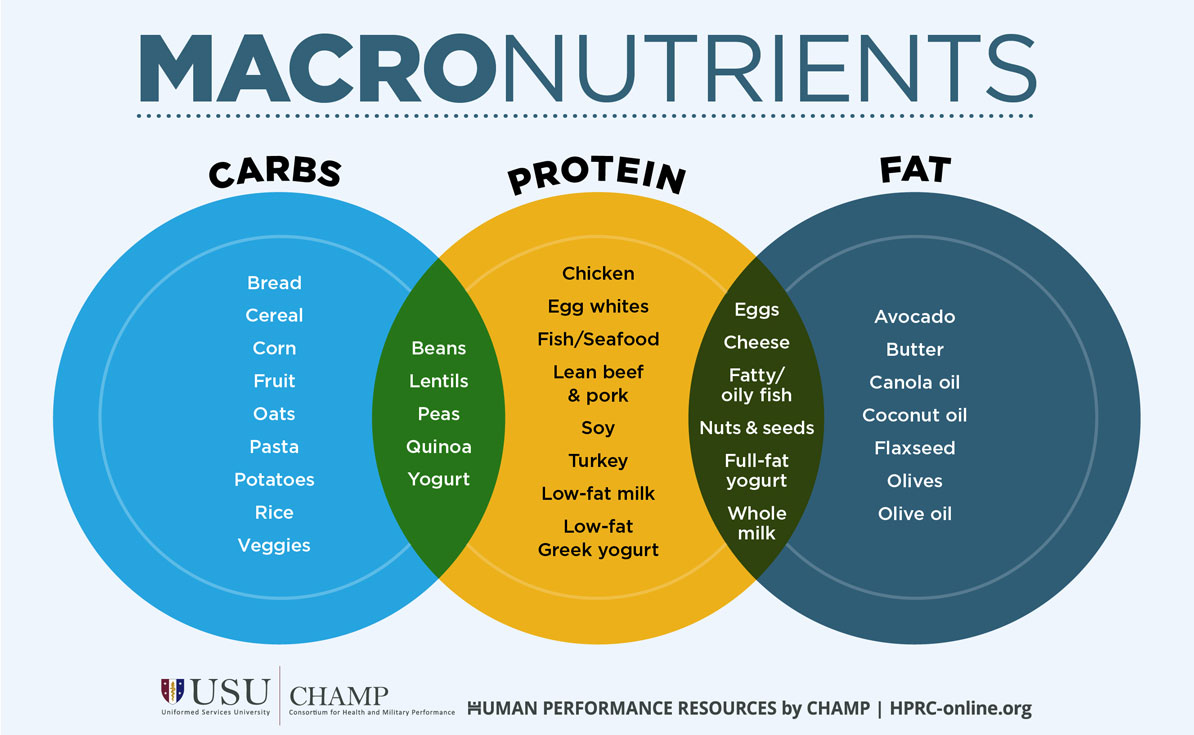Unlocking the Secrets to Boosting Metabolism Naturally
Understanding Metabolism
Metabolism is the body’s engine, responsible for converting food into energy. It’s a complex process influenced by various factors, including genetics, age, and activity level. While some people seem to have a naturally fast metabolism, others may find theirs sluggish. Fortunately, there are ways to rev it up naturally.
Eat Protein-Rich Foods
Protein is the building block of muscle, and muscle mass plays a crucial role in boosting metabolism. Including protein-rich foods like lean meats, fish, eggs, legumes, and tofu in your diet can help increase metabolic rate and promote fat loss. Additionally, protein has a higher thermic effect, meaning it requires more energy to digest, further supporting metabolism.
Incorporate Strength Training
Strength training not only helps build muscle but also increases metabolic rate both during and after exercise. Unlike cardio, which primarily burns calories during the activity, strength training leads to an “afterburn” effect known as excess post-exercise oxygen consumption (EPOC). This means your body continues to burn calories at an elevated rate even after you’ve finished your workout.
Stay Hydrated
Drinking water is essential for numerous bodily functions, including metabolism. Studies have shown that drinking water can temporarily boost







